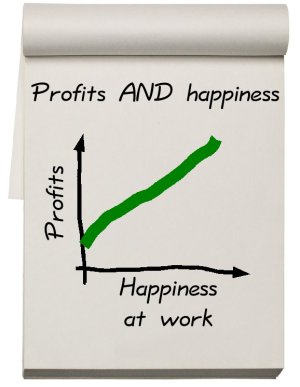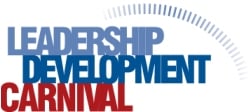Looking back, all the HR-sponsored management training I’ve had focused on liability. Oh, sure, there was some lip service to topics like "diversity" and "reflexive listening" but the point of the training was to ensure the company didn’t get sued because of me.
It isn’t really surprising, since as recently as two years ago talent management thought leaders tended to focus on things like performance management automation. There were very few voices that recognized the importance of good management.
Now, of course, everyone gets it and HR is looking for ways to offer practical, practicable management tips to the average manager who isn't high enough in the food chain to be eligible for external leadership training.
To meet this rising demand, the indefatigable Ben Eubanks has requested posts for his upcoming new eBook HR Tips for Managers.
I just realized I missed the deadline but here are my ten tips and you can check out what Dave Ryan has to say over at HR Official:
- Talk to people about what they want – To lead others you need to understand what motivates them. If you guess you'll probably guess wrong so ask them.
- Help people achieve their career goals - As I wrote about in my Thanksgiving post Managers: Time to Talk Turkey, the key to getting the best performance out of people is to show them how your goals align with theirs.
- Be flexible – Does it really matter when, where or how people work as long as the job gets done?
- Be human not a robot – Take an interest in people. Ask about their families. Share information. Don't embarrass people by sharing too much information but be approachable.
- Give regular feedback – Nothing you communicate during the annual performance review should be a surprise. Let people know how they’re doing early and often.
- Be appreciative – Nothing motivates like saying thank you and good job sincerely. And when your team makes you look good to your manager don't forget to give credit where credit is due.
- Forget fair – Everyone’s different. Recognize great performance, address poor performance and try to tailor 'rewards' to what individuals value.
- Help the team bond – People who like each other work better together and yes, that’s part of your job. Create bonding occasions like team lunches or invite your team over for a barbeque.
- Help people play to their strengths – One of the strongest motivators is pride, which people are more likely to feel if they're good at what they do.
- Don't rely on an open door policy - Get your nose out of that computer and make time for people. And don't wait for them to come to you, go talk to people.













